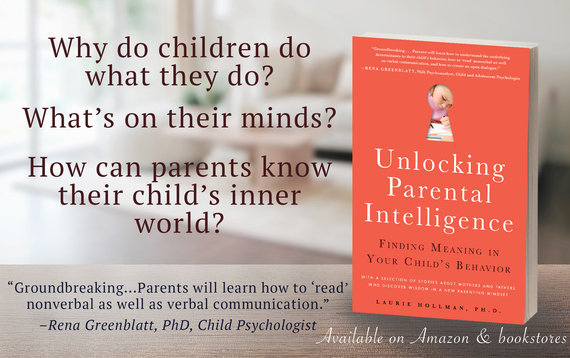How many battles have you had with your teens about curfews? They usually go something like this:
Mother: "I want you home at 11."
Kid: "Are you kidding? Everybody 's home at 1 or later. I'm a teenager now, not a baby. Get over it."
Mother: "This is our house, no one elses but I'm trying to listen. Honestly, one o'clock leads to trouble. No way. But I'll compromise. 12 on the dot. No later. No kidding around. I mean it. I'll be waiting up for sure."
Kid: "All right. See you at 12."
Sound familiar? "Everybody's doing it" is definitely getting old, but it really misses the point. This argument says mother and son or daughter don't really trust each other and there is something lacking in their relationship.
Why is this discussion a battle at all? Why is a curfew needed if you trust you have a responsible son or daughter. Sound impossible? Here's how you get there.
Building a Trusting Relationship Starts Early
Baby, toddler, child, teen all seems to roll together so quickly. But along the way there is relationship building based on something I call Parental Intelligence. It's learned and earned and leads to a parent-child bond that can't be beat no matter what age. By the time curfew issues roll around there are no battles, just discussions or just plain trust.
1.Conversations
This may seem far reaching on a topic about curfews but as early as infancy, conversations begin. Changing a diaper isn't just a necessity to keep clean and healthy, but an opportunity to "coo" and "ooh" back and forth creating the first conversations. Toddlers scamper and run away and come back as they discover mobility and a bit of independence. Talking back and forth with those funny vocabularies builds a relationship. By grade school vocabularies are rampant and listening carefully to your child's thoughts, opinions, and feelings takes hold as you begin to make it your priority to understand their minds.
Now you have that teen who you know very well. He or she trusts you care about what's on his mind because you've been conversing all those years. Trust has been built along with safety and security. He knows you're a good listener and don't rush in with your agenda. You've built a real parent-child bond.
2.Rules run the house in many ways.
The house is a community, your own little village that runs fairly smoothly a good part of the time because people listen to each other. But then there's the outside world. The older the child, the more they want to be out of the house or on their technology because friends are their goal (along with academics). However, you are not out of the loop. Remember these are the kids who trust their parents because they know their parents want to understand their minds--all those thoughts, opinions, feelings, and intentions.
3.Rules change as kids get older.
They have their views on rules in and out of the house. They are hopefully, with your guidance, learning how to schedule, organize their activities, and basically complicate yours and their lives! To prevent battles, you have lots of sit-downs where once again you listen to their activities, plans, goals, hopes and dreams and true to form, work really hard to understand their minds. Because they feel listened to, they listen to you. Your guidance may not receive a thank you but it's absorbed and often heeded.
4.Now we come back to the curfews. You and your teen aren't friends. You are the guide they are the discoverers. You've learned after many long years how they think and are prepared for their views. But as they discover and experience changes in their bodies, peers, academics, and various activities, they become capable of self-reflection. You've led them to this point.
Remember, you trust each other. So when they go out on a school night, they have absorbed your sensibilities along with their own and come home when it's reasonable to get all their homework done. In our competitive worlds this is no easy trick, especially for kids who seek that competitive edge academically.
Then weekends come around. It's time to roll back the tension and be with friends. Sometimes there's reckless experimentation, but by in large, they just want to have fun. These are the reasonable kids who understand safety, set rules for themselves, and share with their parents what's going on.
These are the kids who don't need curfews. They tell you where they are going by and large because they want to feel safe and assured that they're on the right track. They know their lives are expanding, but have you in their pocket when they need you. If they come home a reasonable time, they know they're in good shape the next day. If they pull a really late-nighter, they also know they better have time to sleep in or they'll be exhausted for whatever is planned the next day and not perform as well.
So,yes. There are kids who don't need curfews.

Laurie Hollman, Ph.D. is a psychoanalyst and author of Unlocking Parental Intelligence: Finding Meaning in Your Child's Behavior found on Amazon, Barnes & Noble and wherever books are sold. Read and learn and you, too, will have a kid who doesn't need a curfew!